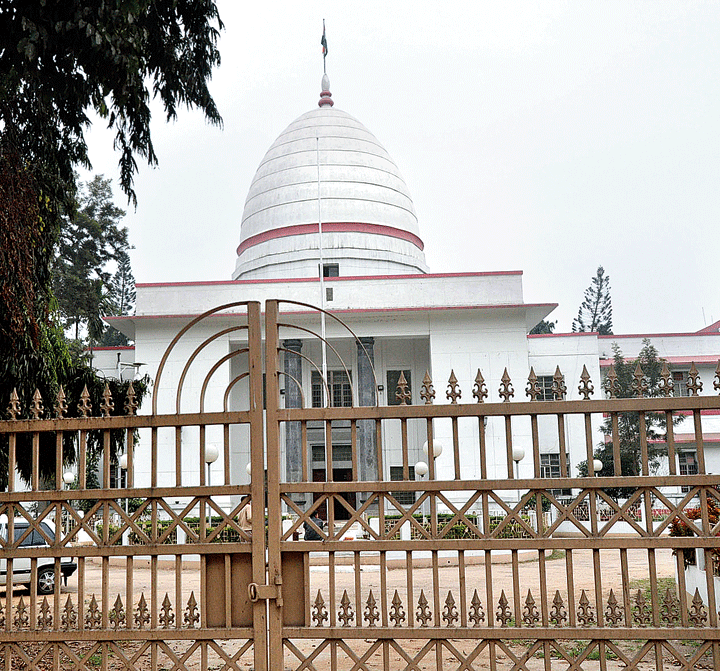Gauhati High Court has set aside a foreigners tribunal order, which declared Iddrish Ali a foreigner, sending the matter to the tribunal for a fresh opinion.
The high court also directed superintendent of police (B), Golaghat that, Ali, who was kept in Jorhat detention camp since September 21, 2019, should be produced before the tribunal on the next hearing date i.e. March 17. The court said he would be at liberty to apply for bail before the tribunal on his production.
Ali filed a writ petition, WP(C) 4116/2019, challenging the opinion dated September 5, 2018, passed by the foreigners tribunal, Jorhat, in case no. FTG(D) 486/2011, declaring him a foreigner.
A bench of Justices Manojit Bhuyan and Parthivjyoti Saikia on February 27 observed, “We have no doubt that the tribunal has committed an error.”
Before the tribunal, Ali had produced 11 documents, including the voter lists of 1985 and 1989 displaying his name (exhibits 6 and 7).
The tribunal discarded these documents, observing that Ali’s name was not in the voter list of 1974 and 1975.
It also noticed that he could not establish linkage prior to 1971.
The high court said the tribunal has committed an error while appreciating voter lists of 1985 and 1989.
The court observed that the laws of evidence are not strictly applicable in a foreigners tribunal and the observations of the tribunal pertaining to voter lists was “perverse” and cannot be sustained.
“Reverting to the case in hand, the strict rules of evidence are not applicable in a tribunal. Nothing is required to be proved beyond all reasonable doubt. We find that the observation of the tribunal pertaining to exhibits 6 and 7 is perverse and therefore, the entire opinion of the tribunal suffers from perversity. Such an opinion must not sustain,” the court said.
“Therefore, we find merit in this writ petition and the impugned opinion stands set aside. The matter is remanded to the tribunal for a fresh opinion after considering/appreciating exhibits 6 and 7 on merit and at the correct perspective,” the high court said.
The court also referred to the differences between tribunals and courts explained by the Supreme Court in the decision Union of India versus R. Gandhi.
“The tribunal is established for quick disposal of the matters sent to it. Unlike a regular court, the laws of evidence are not strictly applicable in a tribunal,” the court observed.











